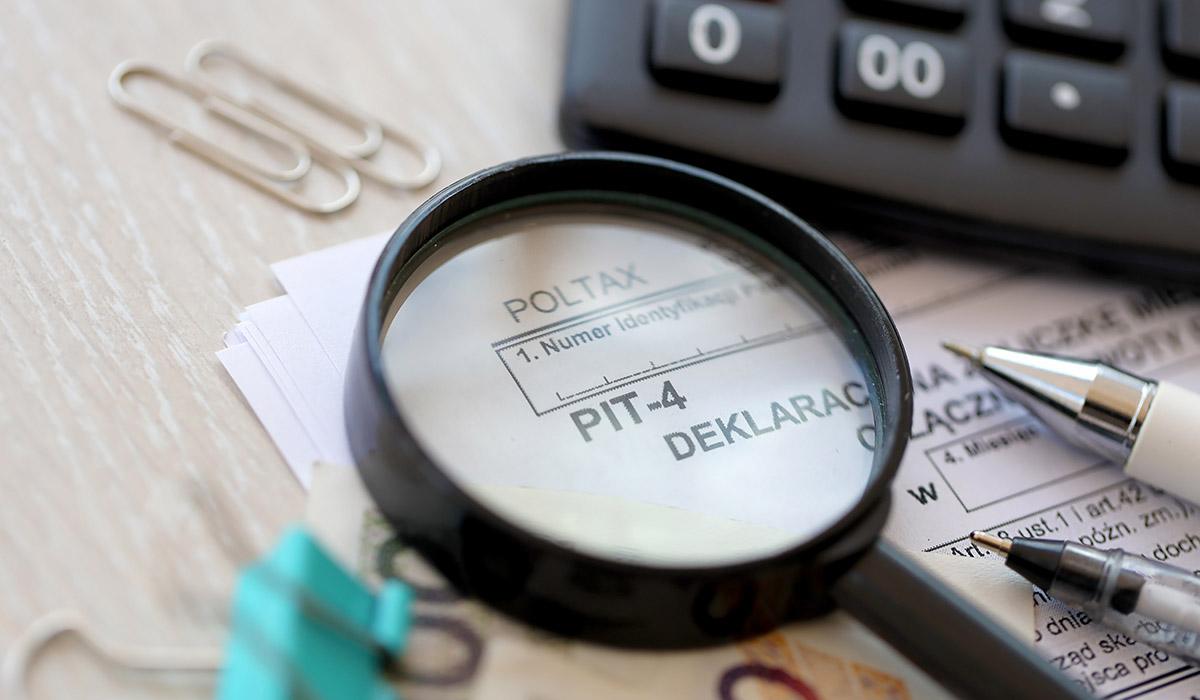Tax Filing Considerations to Avoid IRD Spot Checks in Hong Kong
Recently, the Hong Kong Government’s fiscal reserve crisis has led to Hong Kong Inland Revenue Department (IRD) conduct more spot checks on Hong Kong companies. To help the enterprises better understand and respond to the challenges of tax review, we have compiled some key tax filing considerations. This article will analyse the common questions and concerns to help the enterprises prepare their tax returns more accuracy and in compliance with tax regulations, thereby reducing the chances of being checked by the IRD.
1. Abnormal gross or net profit margin
The IRD will analyse and compare the industry’s gross profit and net profit margin data based on the tax returns received. Big fluctuation gross profit or net profit margin will arouse the suspicion of the IRD, further questioning the authenticity and consistency of its accounts.
2. Long-term net losses
If a company loses money for a long time without going out of business, this situation often raises the IRD’s suspicions, after all, few people are willing to run a loss-making business for a long time. The IRD is more cautious about companies that have been losing money for years when still expanding the business or improving the operating environment, such as relocating to a more upscale area or significantly increasing the number of employees.
3. Abnormal expenditure items
If a company makes sudden large expenses or unusual transactions, such as entertainment and travel expenses, employee benefits, etc., that do not match industry benchmarks, this may raise the suspicion of the IRD.
4. Related Party Transactions
Under accounting standards, related party transactions are required to be disclosed in the financial statements. IRD review these transactions for compliance with business reality principles if the company pays large annual management fees to the related party but lacks a clear segment of services and fee standards, which the IRD will conduct a detailed review.
5. Consultancy fees, management fees or commissions
Some companies set up offshore companies to pay fees in the name of consulting fees, management fees or commissions to reduce the tax burden. However, if these services are provided outside of Hong Kong and the recipient does not have to pay taxes in Hong Kong, the IRD will pay more attention to the authenticity, reasonableness and business principles of these fees.
6. Increase in long-term accounts payable
IRD will pay more attention to whether a company’s accounts payable are consistent with actual business conditions, if the company’s accounts payable increase over a long period of time without corresponding business growth, this may raise IRD’s skepticism.
7. Revenue dropped significantly
The IRD usually evaluates a taxpayer’s industry prospects based on internal information to estimate whether the profits they declare are reasonable. If the IRD believes that an industry is booming, but the company’s revenues are declining sharply in a row, it may doubt whether there is a profit shift or underreporting and conduct a more in-depth investigation.
8. Inconsistency or errors in financial statements
If there are obvious errors or inconsistencies in the company’s financial statements, the IRD may further review these issues to ensure the accuracy of the return data.
9. Being reported or complained
If the IRD receives a report or complaint about a company claiming tax fraud or other illegal conduct, the IRD will launch an investigation to confirm the veracity of the allegations.
Conclusion
It is crucial for companies to understand the various causes that may cause a check by the IRD. The company should maintain good financial discipline, ensure that the accounts are accurate, transparent, and comply with relevant tax regulations. Professional Accounting, Auditing and Tax services provider can assist the Company to prepare and manage their financial position, reduce the risk of being audited by the IRD, and ensure that returns meet all rules and requirements.














